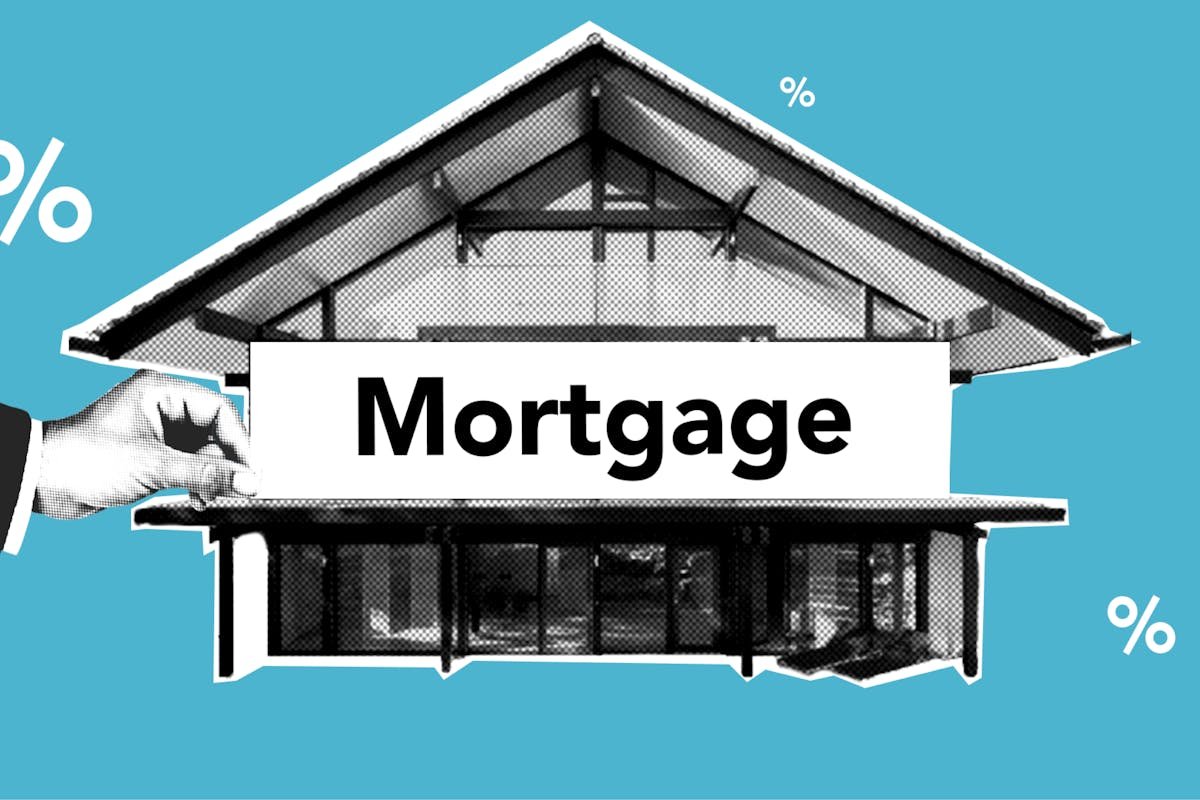Taking a loan has become a common thing these days, be it for buying a house, buying a car or for any other need. But, before taking a loan there is an important decision: whether to take a fixed interest rate loan or a variable interest rate loan? In this blog post, we will discuss the pros and cons of both in detail so that you can choose the best option for yourself.
What is a Fixed Interest Rate Loan?
In a fixed interest rate loan, your loan interest rate will remain the same from the beginning till the entire tenure of the loan. Meaning, whatever EMI (Equated Monthly Installment) is calculated initially, it will remain the same throughout the loan period.
Pros of Fixed Interest Rate Loan
Predictability: With a fixed rate loan, you have to pay a fixed EMI every month. This is very helpful for your budget planning because you know in advance how much money you will have to withdraw.
Stability in Payments: Even if the interest rate in the market is going up or down, your EMI will remain the same. This way you do not have to worry that the interest rate will increase in the coming months and you will have to pay more money.
Good for Long-term Loans: If you are taking a long-term loan, such as a home loan for 15-20 years, then the fixed interest rate gives you a sense of security that you will have to pay at the same rate throughout the loan tenure.
Cons of Fixed Interest Rate Loan
Higher Initial Rates: The initial interest rate of fixed rate loans is slightly higher than that of variable rate loans. This means that you pay a little more in the beginning.
No Benefit of Rate Drops: Even if interest rates go down in the market, you do not get any benefit because your rate is fixed. You will have to pay at the same higher rate.
Less Flexibility: Fixed rate loans have an interest rate lock-in period during which you cannot prepay or refinance without any penalty.
What is Variable Interest Rate Loan?
In variable interest rate loan, the interest rate keeps fluctuating according to the market. This rate depends on the bank’s base rate or repo rate which is set by RBI.
Pros of Variable Interest Rate Loan
Lower Initial Rates: The initial interest rate of variable rate loans is lower than that of fixed rate loans. If you are taking a loan for short-term, then it can save you a lot of money.
Benefit of Rate Cuts: If the interest rates are low in the market, then your EMI also becomes less. This reduces your overall cost of borrowing.
Flexibility: In variable rate loans, prepayment or refinance can be done more easily because you do not have any lock-in period and there is less penalty.
Cons of Variable Interest Rate Loan
Uncertainty: In variable rate loans, the interest rate changes according to the market, so you can see your EMI amount changing every month. This unpredictability can make financial planning difficult.
Higher Payments in Case of Rate Hike: If interest rates increase in the market, your EMI will also increase, which can put an extra burden on your budget.
Risk Factor: There is a risk in variable rates as to how the rates will move in the future. If you are not financially stable or prepared to take risks, this can be a risky option.
Conclusion: Fixed vs. Variable – Which is Best?
Fixed and variable interest rate loans both have their advantages and disadvantages. Fixed rate loans are best for people who prefer stability and predictability and do not want to take the risk of interest rate changes. However, variable rate loans are suitable for people who are ready to take some risk and want to take advantage of market rate cuts.
The best option for you will be the one that matches your financial situation, goals, and risk appetite. Therefore, before taking a loan, consult your financial advisor and take a decision after considering all the factors.










